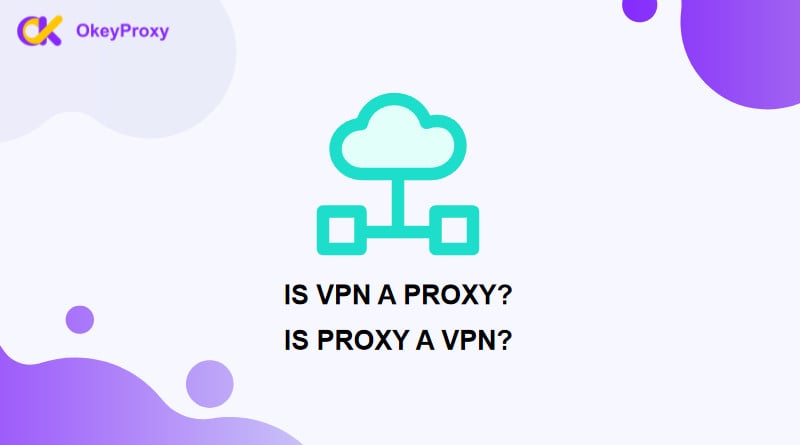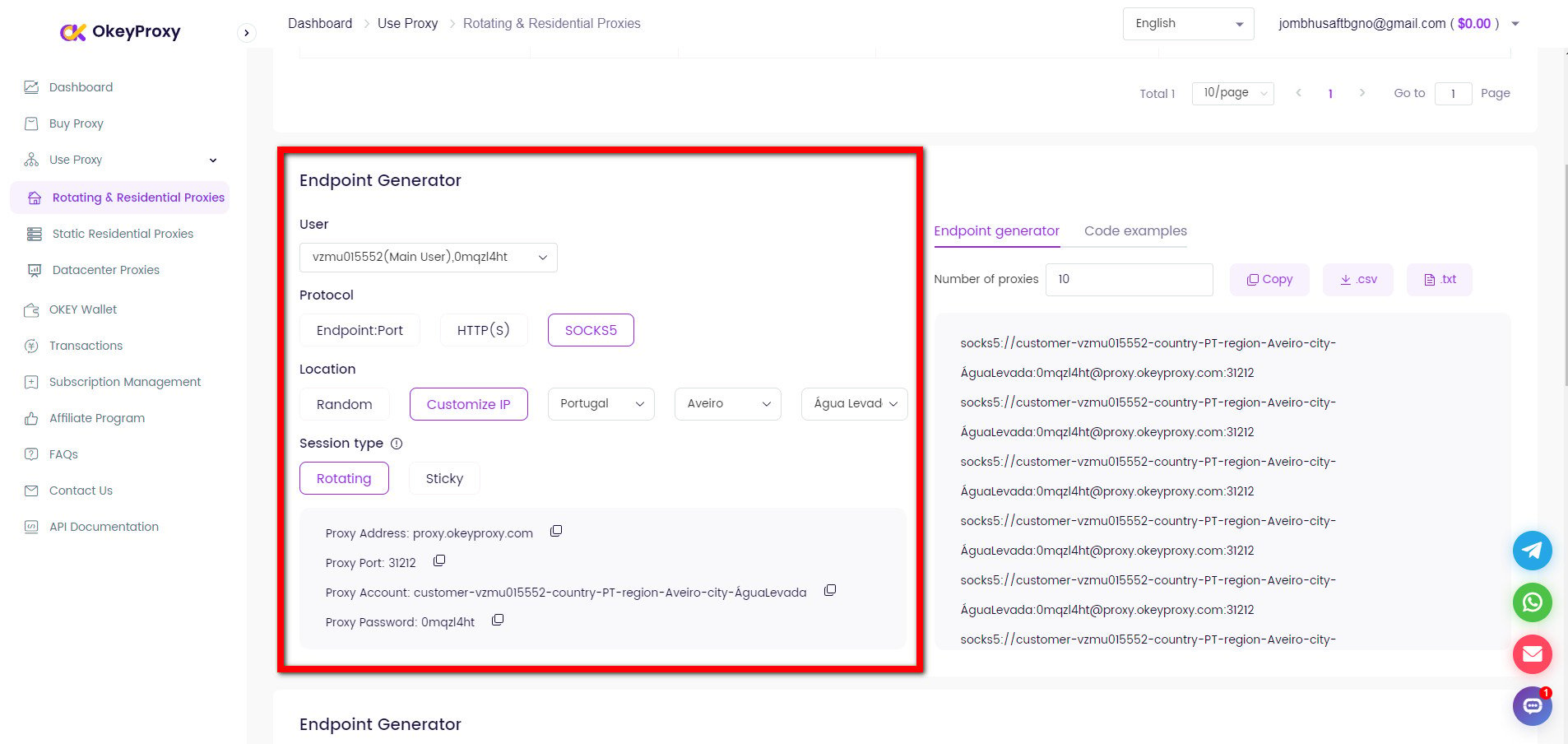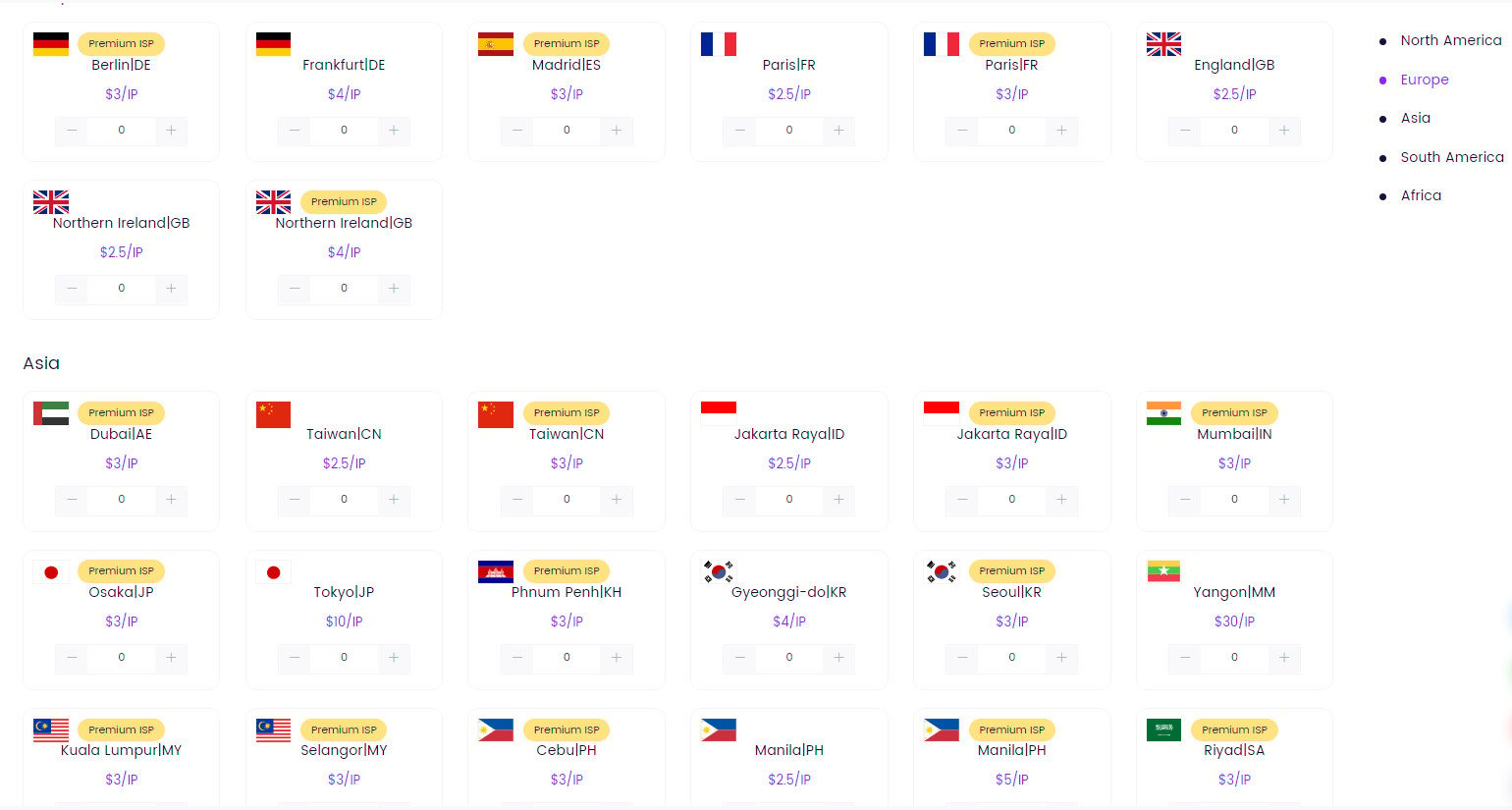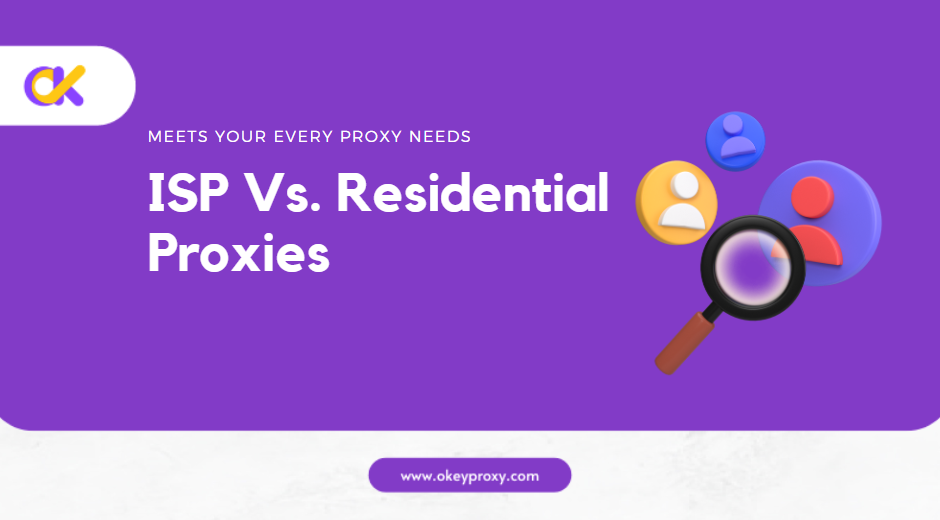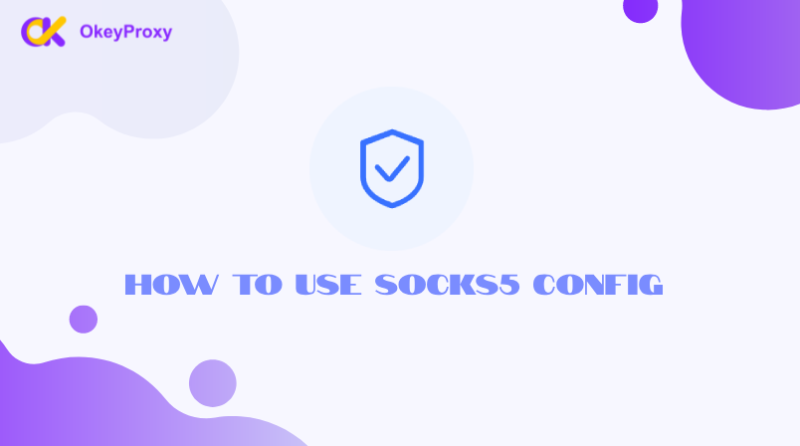In the digital age, maintaining online privacy and security has become increasingly important. Two popular tools often discussed in this context are VPN (virtual private networks) and proxy. While they both serve similar purposes—masking your IP address and enhancing your online anonymity—they operate in different ways and offer distinct advantages and limitations. This blog explores the differences between proxy server and VPN, helping users make informed choices based on their needs.
O que é uma procuração?
A proxy server acts as an intermediary between a user’s device and the internet. When using a proxy, requests to access websites are sent through the proxy server, which then fetches the requested content and sends it back to the user. This process masks the user’s real IP address, making it appear as if the request originated from the proxy server instead.
Key Features of Proxies:
- Proxies change and hide the user’s real IP address, making online activities less traceable.
- Many proxies allow users to bypass geographical restrictions, enabling access to blocked content.
- Proxies can cache web pages, potentially speeding up access to frequently visited sites.
What is a VPN?
A VPN, or virtual private network, creates a secure, encrypted tunnel between a user’s device and the internet. When connected to a VPN, all of the user’s internet traffic is routed through the VPN server, ensuring that data is encrypted and private. This not only masks the user’s IP address but also protects sensitive information from potential threats.
Key Features of VPNs:
- VPNs encrypt all data transmitted between the user’s device and the server, enhancing security.
- A VPN provides greater anonymity by shielding the user’s identity and online activities from ISPs and other entities.
- VPNs enable users to bypass geo-blocks, accessing content as if they were in a different location.
Key Differences Between Proxies and VPNs
-
Security and Encryption
Proxies: Generally do not encrypt data, making them less secure for sensitive activities.
VPNs: Provide strong encryption, safeguarding user data from eavesdropping.
-
Scope of Use
Proxies: Typically used for specific applications or web browsers. With customization, not all internet traffic is protected.
VPNs: Encrypt all internet traffic from the device, offering comprehensive protection.
-
Velocidade e desempenho
Proxies: May offer faster speeds due to less overhead but can be inconsistent.
VPNs: May experience slight speed reductions due to encryption processes.
-
Anonimato
Proxies: Offer basic anonymity but may not be reliable for complete privacy.
VPNs: Provide a higher level of anonymity and privacy due to encryption and a no-logs policy.
-
Custo
Proxies: Often available for free or at a lower cost, but may come with limitations and risks.
VPNs: Typically require a subscription, but offer better security and features.
The Best of Both Worlds: Rotating IP & Static IP Services
For users seeking the flexibility of both proxies and VPNs, OkeyProxy offers exceptional services tailored to meet diverse needs:
- Rotating IP Service:

OkeyProxy’s rotating IP feature provides a new IP address with each request, making it ideal for web scraping, data mining, or accessing geo-restricted content without drawing attention. This dynamic approach helps maintain anonymity and reduces the risk of IP bans.
- Static IP Service:

If a stable connection is essential, OkeyProxy’s static IP service offers a consistent IP address that remains the same each time you connect. This is particularly beneficial for applications that require secure access or need to maintain a constant presence online.
Get A Free Trial of Excellent Proxy Now!
When to Use a Proxy vs. a VPN
Use a Proxy When:
- You need to bypass geographical restrictions for specific websites or applications.
- Speed is a priority, and security is less of a concern.
- You want to filter content or hide your IP address for casual browsing.
Use a VPN When:
- You prioritize security and privacy, especially for sensitive activities like online banking or shopping.
- You want to encrypt all your internet traffic and protect yourself from potential threats.
- You require reliable access to geo-restricted content on multiple devices.
Conclusão
While proxies and VPNs serve similar purposes in enhancing online privacy, they differ significantly in functionality and security. Understanding these differences can help users choose the right tool for their needs. For those looking for flexible solutions, OkeyProxy’s rotating IP and static IP services provide an excellent balance of anonymity and reliability. Whether it’s for web scraping, accessing restricted content, or ensuring stable connections, OkeyProxy has the tools to meet your requirements.
By choosing the right service, users can navigate the digital world with confidence, knowing their online activities are protected.

